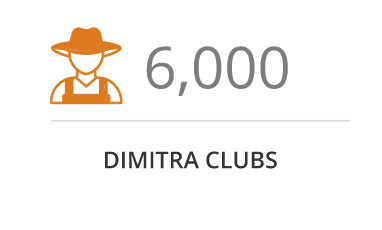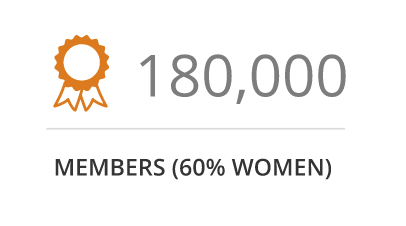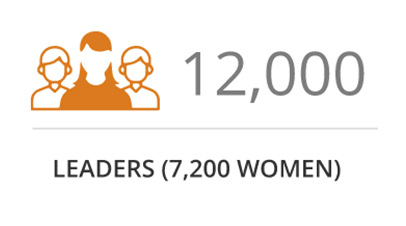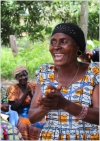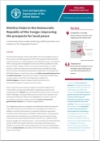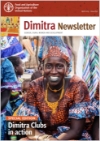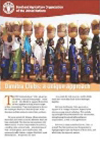Resources
News
Community Engagement Days (February – June 2021)
Community Engagement Days is a series of five webinars that reviews achievements, potential and challenges of community engagement for empowerment approaches in rural development and humanitarian interventions and strategies.
The series is open to a broad range of development stakeholders (non-governmental organizations, governments, United Nations and international development organizations, civil society, private sector and academia).
This series is organized by the Dimitra Clubs Team of the Rural Institutions, Services and Empowerment (RISE) Team of the Rural Transformation and Gender Equality Division (ESP) of FAO with the support of the Flexible Multi-Partner Mechanism (FMM) and in collaboration with the Belgian Development Cooperation.
- Webinar 1: Community Engagement for Empowerment: Key for People-Centred Rural Transformation? (February 2021)
Video recording / Article - Webinar 2: Community Engagement for Gender Equality and Women’s Empowerment (March 2021)
Video recording / Article - Webinar 3: Community Engagement for Resilience and Peace (April 2021)
Video recording / Article - Webinar 4: Measuring the Results and Impact of Community Engagement for Empowerment (May 2021)
Video recording / Article - Webinar 5: Community Engagement for collective action (June 2021)
Video recording / Article


